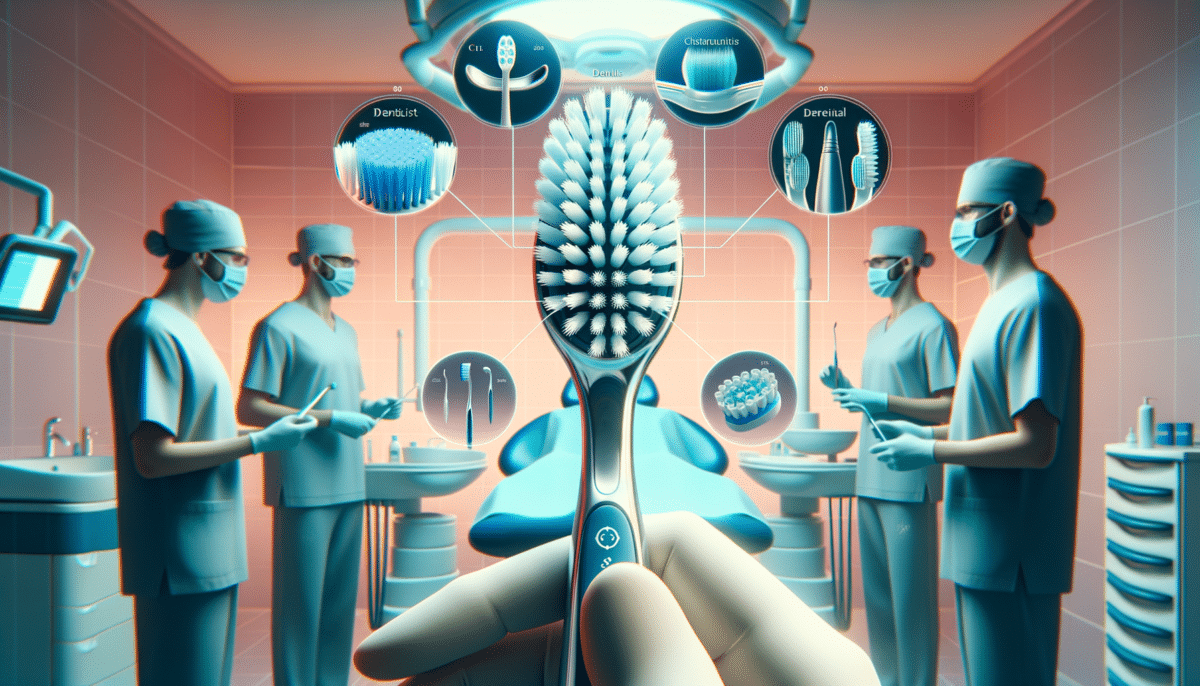Introduction to Dental Care
Dental care is an integral part of overall health, often underestimated until issues arise. Maintaining good oral hygiene not only prevents cavities and gum disease but also plays a crucial role in preventing other health complications, such as heart disease and diabetes. Regular visits to the dentist and proper daily care are essential for maintaining a healthy smile. In this article, we delve into the aspects of dental care, focusing on what dentists often look for in a toothbrush to ensure optimal oral health.
The Role of Toothbrushes in Oral Hygiene
Toothbrushes are the frontline tools in the battle against plaque and bacteria. They come in various shapes, sizes, and bristle textures, each designed to cater to different needs. Dentists emphasize the importance of selecting a toothbrush that effectively cleans the teeth and gums without causing damage. A toothbrush with soft bristles is typically recommended to avoid enamel erosion and gum irritation. The design should allow easy access to all areas of the mouth, particularly the back teeth where plaque tends to accumulate.
Electric toothbrushes have gained popularity due to their ability to deliver consistent brushing motions and pressure, often leading to better plaque removal compared to manual brushes. However, the choice between manual and electric ultimately depends on personal preference and comfort. Dentists often highlight the importance of replacing toothbrushes every three to four months, or sooner if the bristles become frayed, to maintain effectiveness.
Key Features Dentists Look for in a Toothbrush
When recommending toothbrushes, dentists consider several critical features:
- Bristle Type: Soft bristles are gentle on gums and effective in removing plaque without damaging the enamel.
- Head Size: A small head size allows for better access to hard-to-reach areas, ensuring a thorough clean.
- Handle Design: An ergonomic handle offers a comfortable grip, encouraging proper brushing technique.
- Electric vs. Manual: While both types can be effective, electric toothbrushes offer consistency and ease of use, which can be beneficial for those with limited dexterity.
These features are crucial in ensuring that the toothbrush not only cleans effectively but also promotes a healthy brushing routine.
Comparing Manual and Electric Toothbrushes
The debate between manual and electric toothbrushes is ongoing, with each having its own set of advantages. Manual toothbrushes are affordable, widely available, and easy to travel with. They allow users to control the pressure and speed of brushing, which can be beneficial for those with sensitive gums.
On the other hand, electric toothbrushes offer several benefits that appeal to many users. They often come with built-in timers to ensure adequate brushing time and pressure sensors to prevent excessive force. Studies have shown that electric toothbrushes can be more effective in reducing plaque and gingivitis in the short and long term. However, they are more expensive and require charging or battery replacement, which can be a consideration for some users.
Ultimately, the choice depends on individual needs and preferences, but dentists often recommend electric toothbrushes for those who struggle with manual dexterity or need extra motivation to maintain a consistent brushing routine.
Conclusion: Prioritizing Dental Health
Maintaining dental health is a lifelong commitment that requires attention to detail and consistency. The choice of a toothbrush plays a significant role in this process, with dentists advocating for options that promote effective cleaning while being gentle on the gums and teeth. By understanding the features that dentists look for in a toothbrush, individuals can make informed decisions that enhance their oral hygiene routine. Remember, regular dental check-ups and proper daily care are the cornerstones of a healthy smile.
